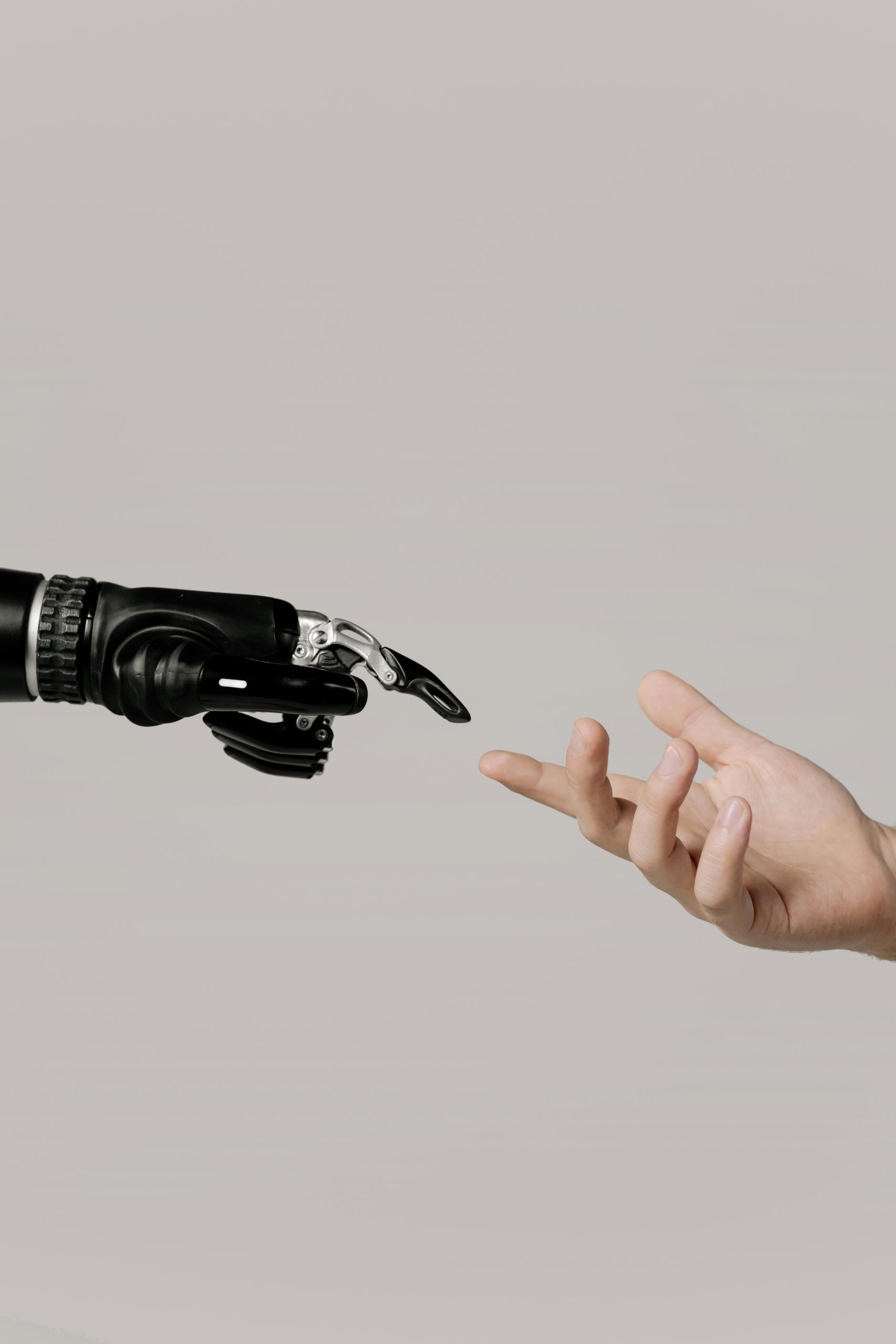Geoffrey Hinton Foresees Which Careers Will Survive AI Progress
Expert Insights: Geoffrey Hinton on the Future of Jobs and Artificial Intelligence
In recent discussions about the evolving landscape of employment and automation, renowned AI researcher Geoffrey Hinton has shared his perspective on which professions are likely to remain resistant to AI advancements. His insights shed light on the areas where human expertise will continue to be vital despite technological progress.
Physical Skilled Trades: A Field Resilient to Automation
Hinton emphasizes that the physical nature of certain jobs presents a significant barrier to AI integration. For example, trades such as plumbing require delicate manual skills, adaptability, and problem-solving in unpredictable environments—traits that current AI and robotics still find challenging to replicate. As a result, he views roles in plumbing and similar trades as promising long-term employment avenues.
Healthcare: A Buffer Against Automation
When it comes to healthcare, Hinton suggests that this sector is poised to absorb the pressures brought about by AI advancements. The complex interpersonal interactions, nuanced decision-making, and empathetic care involved make healthcare an area where human professionals will continue to play a crucial role. Although AI can assist in diagnostics and administrative tasks, the core aspects of patient care rely heavily on human judgment.
The Increasing Need for Skilled Expertise
Despite these optimistic views, Hinton warns that job security will largely depend on one’s skill level. Hestates, “You would have to be very skilled to have an AI-proof job,” implying that high levels of expertise and specialization will be necessary to maintain employment in an increasingly automated world.
What Are Your Thoughts?
As these insights circulate, many are curious about the future of work and the roles humans will play. Do you agree that skilled trades and healthcare will remain resilient? How do you see your profession evolving in the face of AI? Share your perspectives and join the conversation about the future of employment in this rapidly changing era.














Post Comment